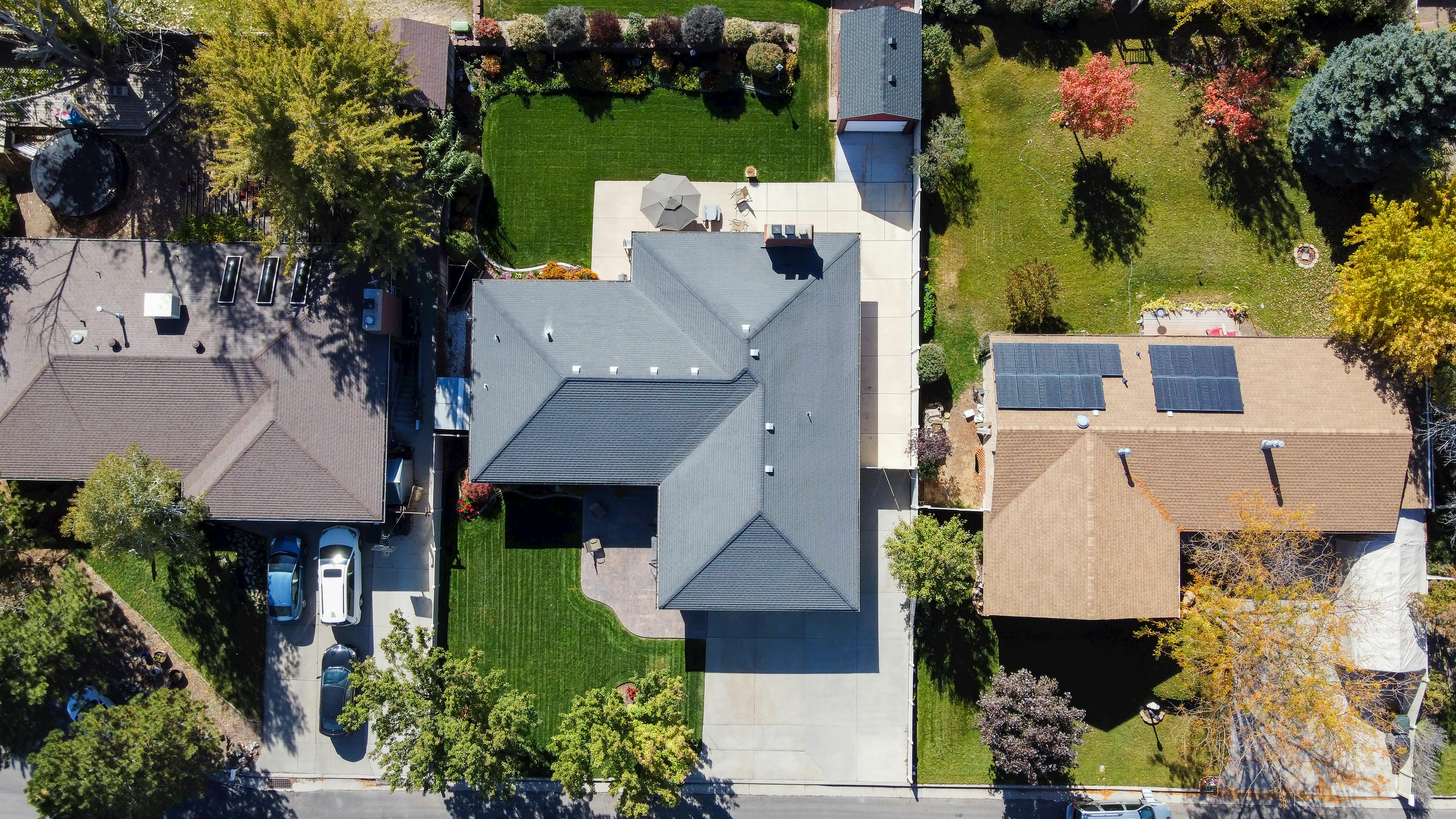Advantages of buying/owning a mobile home park compared to apartments and other real estate:
There has always been and always will be a need for affordable housing. The typical mobile home park is just that… affordable housing.
It is generally accepted that average operating expenses for a mobile home park are typically around 35-40% of gross income compared to apartments that have a 50-60% expense ratio. One of the biggest advantages of mobile home park ownership is not just this reduced operating expense margin, but the reasoning behind it.
Mobile home parks where land is rented to homeowners have a much lower turnover rate compared to apartments. In most cases, once the house is moved to your park, that house will stay there for 25+ years and when people are ready to move, they will simply resell the house in the park and it will have a new owner.
The main reason for low housing turnover is that it costs a lot to dismantle, move, and set up a house. In most cases, this will cost a minimum of $2,000 for a single-width and $4,000 for a double-width. In an apartment, your tenants can pack up and leave in the middle of the night.
In most cases, a mobile home won’t move in the middle of the night (especially legally). There are cases where someone will hire someone to come and move a house in the middle of the night, but it’s rare.
In fact, I had someone get a few months behind on their rent and decide to hook up their 14 x 70 house with their 3/4 ton truck in an attempt to move it down the road a few miles to a different park. They left the park with the house, but about a mile down the road, the mobile home became separated from the truck and they not only overturned the house but destroyed a truck. All of this to avoid around $800 in lot rent.
When rent increases by $10, $15, $20 or more in a mobile home park, it is less justifiable for a tenant to spend several thousand dollars to move their house to save $10 or $20 per month. Plus, there’s no guarantee that the mobile home park you’re moving into won’t do the same with a rent increase of its own.
Another reason for the lower operating expense ratio for mobile home parks is that you are not responsible for painting, cleaning carpets, fixing windows and all the fun jobs of apartment handyman. Typically, you are only responsible for where the home connects to your utilities and the maintenance of common areas.
As for depreciation, apartments have a large value attributable to the building itself, and the building portion is typically required to depreciate over 27.5 years. poles and so on. These are considered land improvements and are generally depreciated over a 15-year period. This increased depreciation over the first 15 years is a major tax benefit for many investors.
Another hidden benefit of mobile home parks is the barriers to entry for competition. In most areas of the country, it is difficult to get the zoning right, meet all the requirements to build a new community, and turn a profit. Face it, once you get all the permits and licenses and have the curbs, driveways, driveways, utilities, decks, and everything else built, you’re going to have a maintenance cost until you actually have enough houses in the project to break even. , and much less. start earning.
Mobilehome parks are in limited supply, and barriers to entry in terms of costs, regulations, and government restrictions make development of new parks unfeasible in most areas. State and local governments restrict new mobilehome park development for many reasons, including: bad reputation, existing owners allowing parks to fall into disrepair, less property tax base to fund schools, police, fire, and other services governmental.
Another benefit is that in most cases you have people who own their own homes and they will tend to take care of the house and its lot. Since you’re essentially renting the land and utility hookups, there’s not as much your tenants can do to cost you major repairs. Sure they can dump things down the gutter and let the water run, but they won’t poke holes in the walls and floors or spill stuff on the carpet like they do in rental apartments. You rent the land and don’t have to fix kitchen faucets or leaky toilets.
Another benefit is that you are often in a good position to buy and sell new and used mobile homes. You can often buy homes that people are selling in your park, nearby parks, repos, or even new homes from manufacturers and put them in your park and sell at a profit.
Depending on the situation, you may be able to sell them for cash, installments, or with new financing. As a park owner, every time you sell a home and fill in a vacant lot in your park, you have just increased the monthly rental income for the lot, as well as the value of the park.
If each occupied lot is worth an extra $10,000, on top of the proceeds from the sale of the house, you just got an extra 10k in equity.
A mobile home dealer makes money on the difference between the purchase price and the sale price and therefore needs to have a good profit margin to stay in business. As the park owner, he can live on much less or even break even on home sales, thereby saving his buyers thousands of dollars.


